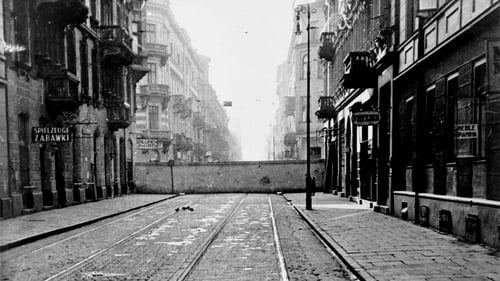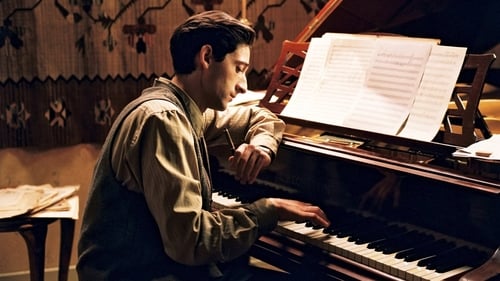
Self - Quote Reader (voice)
The history of the Warsaw Ghetto (1940-43) as seen from both sides of the wall, its legacy and its memory: new light on a tragic era of division, destruction and mass murder thanks to the testimony of survivors and the discovery of a ten-minute film shot by Polish amateur filmmaker Alfons Ziółkowski in 1941.

Zbyszek Pelikan
Nina's Journey is a feature film, but with an authentic narrator. We follow Nina and her family during six dramatic years, half of them spent in the Warsaw ghetto. The film tells the story of a young girl coming of age under extreme circumstances: Nina falls in love, goes to parties, and graduates high school - all in the Warsaw ghetto. One could say that, in these horrid times, she is almost living the life of a normal teenager. If it wasn't for the fact that all those around her are vanishing, one by one. Nina's Journey is shot in Warsaw, with Polish actors. But it is narrated by the elderly Nina Einhorn herself.

Other part
ナチスのワルシャワ侵攻を目の当たりにし、死の収容所送りを奇跡的に逃れたシュピルマンは、ゲットーの廃墟に身を隠すことで第二次世界大戦を生き延びる。

Official
Difficulty of human relations in a 3-cornered tale: a neurotic woman, idealistic young man and his mother. Tomek is a clean-cut, high-minded geography student. He lives with his mother Zofia, a sensitive, practicing Catholic, like her son. When he meets Julia, a depressed woman older than he, he first tries to comfort her, then invites her to stay with him and his mother. Tomek makes a trip to West Berlin to visit his well-off father. He refuses to take money from him and looks for work as a house painter. Julia ends up in a rest home for treatment, while Tomek is trying to make their relationship work.


